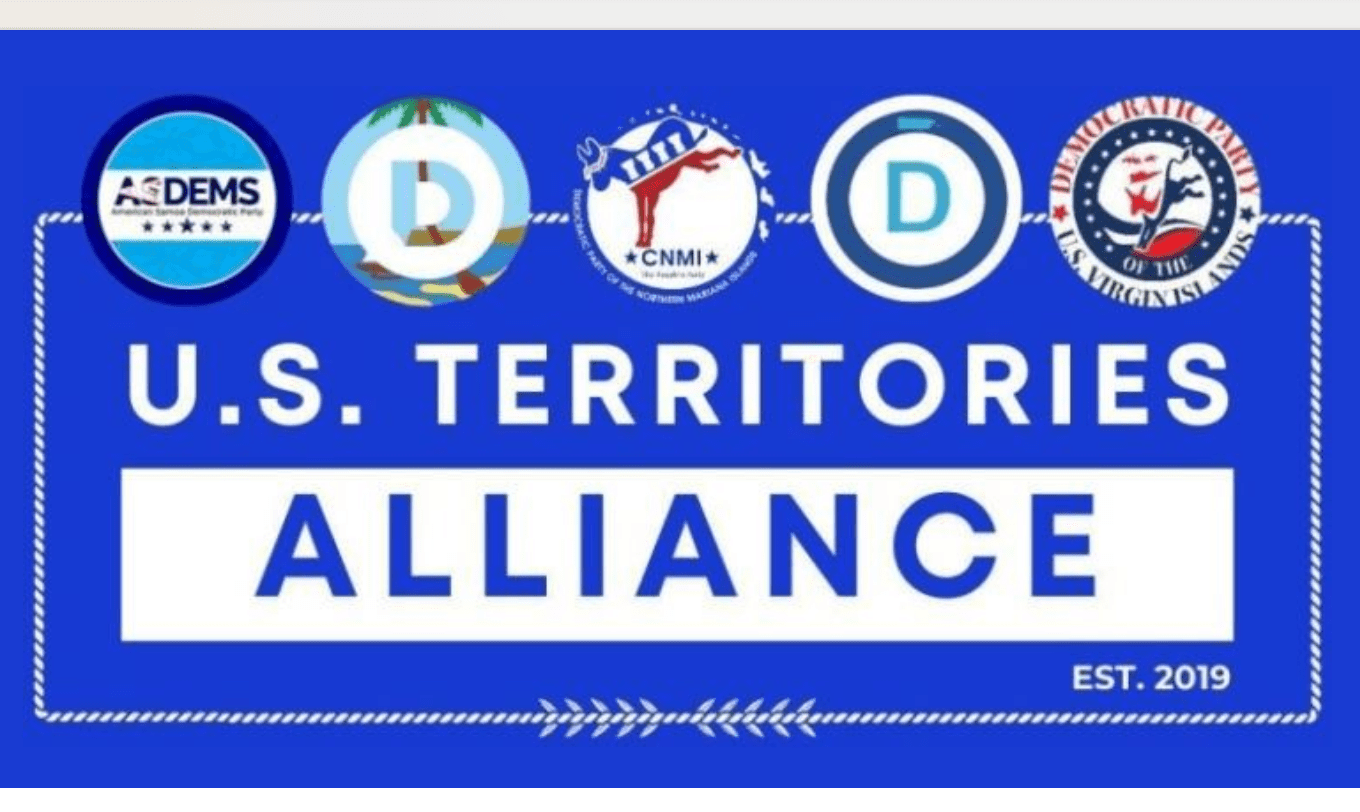
Leaders of the Democratic Party of the Virgin Islands said Thursday they have a message for their mainland counterparts: Listen to us.
Had the national party elevated concerns from the Virgin Islands and other territories, the 2024 national election results may have been different, said Carol Burke, the party’s state chair.
“One of the problems that we have experienced in the last presidential elections is that the state parties were not given the leverage that they should have been given in terms of what the priorities should be for the campaign so we missed a lot of constituencies concerns because of that,” Burke said. “We want our voices at the national level to be heard.”
Roughly 55 percent of 2024 presidential election voters who identified as Latin American cast their ballots for Democratic candidate Kamala Harris, according to The Associated Press. That was down from approximately 60 percent who had voted for Joe Biden in the previous election.
Harris, who is Black, also did worse with Black voters than Biden, with 16 percent voting for Donald Trump. That’s double the 8 percent support Trump received from Black voters in 2020, according to the Pew Research Center.
In 2019, the Democratic Party of the Virgin Islands teamed up with like-minded party officials in the other four U.S. territories and Washington D.C. to form the U.S. Territories Alliance, Burke said. Democrat branches in American Samoa, the District of Columbia, Guam, the Commonwealth of Puerto Rico, the Northern Mariana Islands, and the U.S. Virgin Islands wrote to the national party demanding long sought for funding.
Unlike stateside counterparts, territorial Democrats don’t usually receive funding from the national party.
For $20,000 a month, territorial state Democratic parties would be able to develop and train local leaders, implement grassroots and digital organizing strategies, and expand voter registration, education, and engagement among key demographics. The funds would also help include women, millennials, educators, health care professionals, veterans, farmers, fishermen, absentee voters in the diaspora, and Latino communities in their party’s efforts.
Democrat leaders in the territories also hope the money will help support travel and accommodations and enable American Samoa’s delegation to fully participate in the Quadrennial Convention.
“The Democratic Territories Alliance strongly asserts that this funding is not just a matter of party strategy — it is a moral imperative,” the alliance wrote in a press statement. “The territories have long suffered from systemic inequities rooted in the legacy of the Insular Cases, which unfairly established a colonial framework depriving territorial residents of equal political rights. While residents of the territories serve in the military, pay taxes, and contribute to the economic and cultural fabric of the United States, they remain disenfranchised in fundamental ways, including the inability to vote for president.”
More recognition and funding would be a step toward integrating territorial Democrats priorities with the national party’s platform, Burke said.
Although she described the situation as “a bone of contention,” Burke said overall she was optimistic and hopeful about new Democratic National Committee officers voted in on Feb. 1. Ken Martin was elected committee chairman. The U.S. Territories Alliance said Martin was a “champion for the territories” in a written statement.
“His continued advocacy is crucial to ensuring that territorial Democrats receive the support they need to remain competitive and engaged in the national political landscape,” the statement said.


